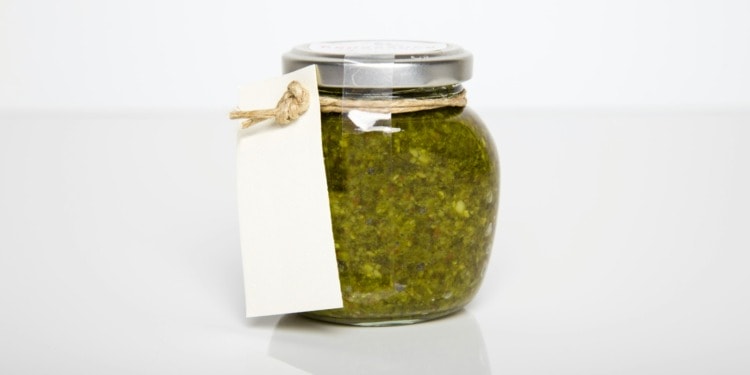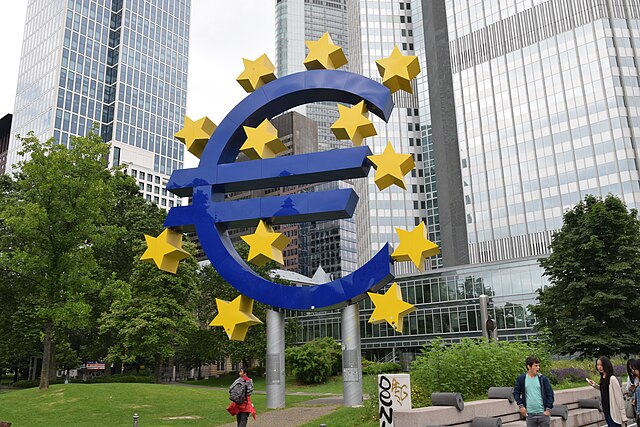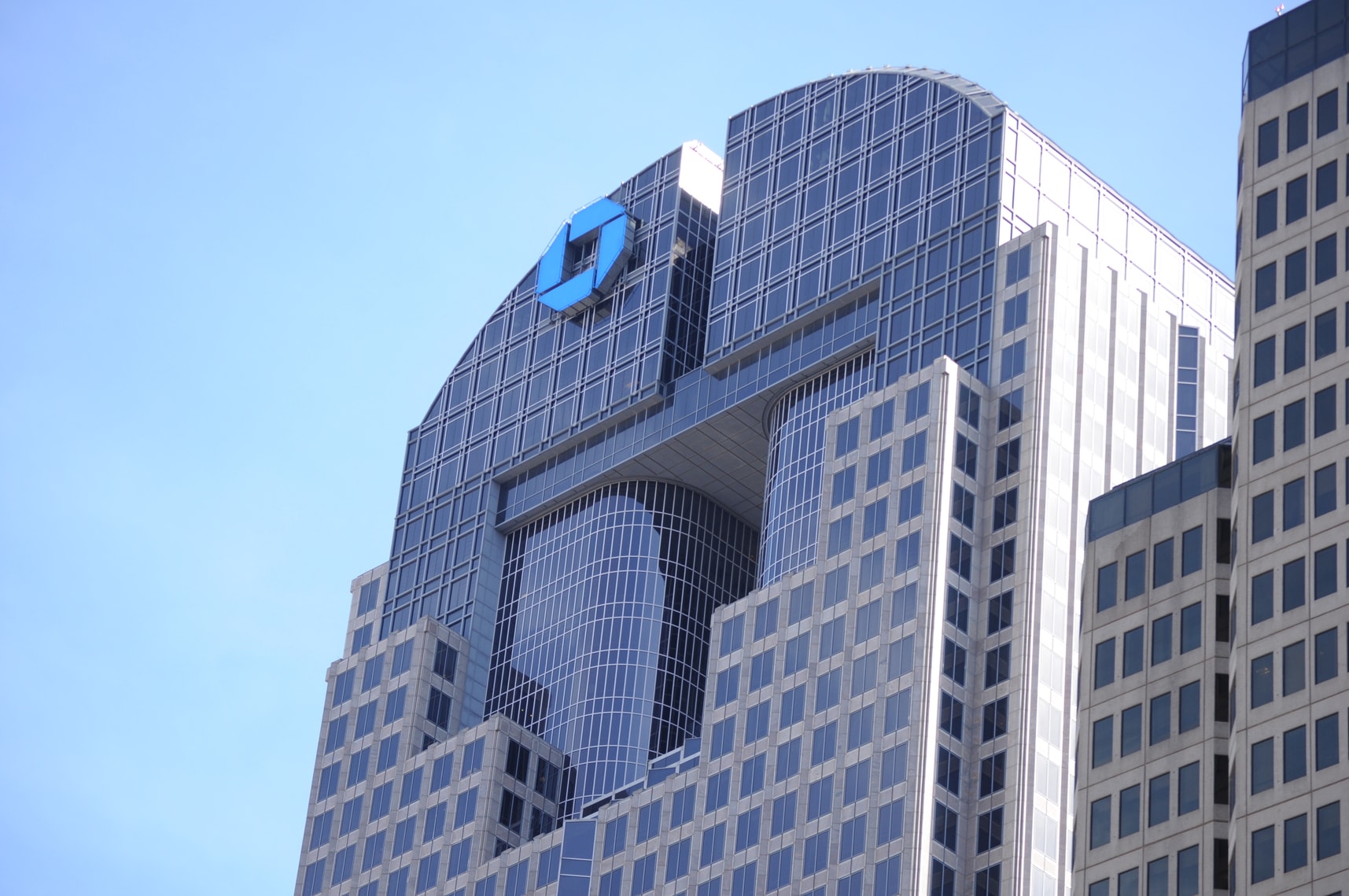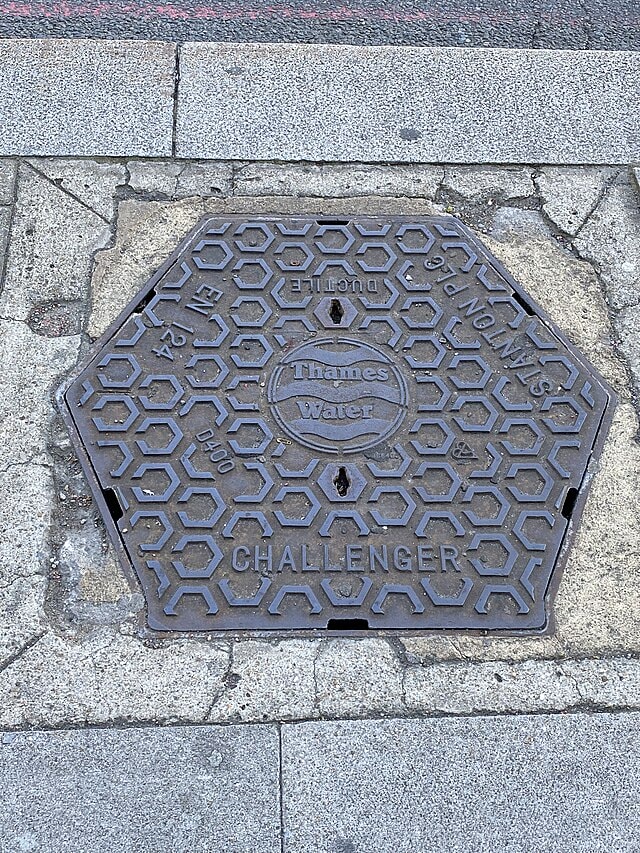The evolution of food labeling has come a long way since its early days, and it’s now entering a new era where sustainability is a key concern for consumers. With 78% of consumers prioritizing eco-friendly products, food and beverage companies are increasingly using sustainable food labels – specifically, carbon footprint labeling to meet this demand. This growing trend is pushing companies to be more transparent about the environmental impact of their products and to adopt sustainable food practices that benefit both the planet and their bottom line.
What customers want in sustainable food label
Thanks to carbon labeling, customers can easily comprehend the environmental impact of the things they buy. Labels approved by groups like the Carbon Trust are increasingly being used to sway consumer choices. Businesses are urged to enhance their sustainability procedures, from sourcing to manufacturing, as more customers place a higher priority on environmental issues.
Furthermore, research indicates that environmentally concerned buyers are prepared to pay almost 10% more for goods that satisfy sustainability standards, indicating a clear influence on corporate success.
Tackling greenwashing with transparency
For true eco-friendly firms, the emergence of greenwashing presents a dilemma. Consumers require unambiguous criteria to distinguish between genuine sustainability initiatives and phony marketing. Individual certificates support carbon labeling, which offers a trustworthy foundation for customers to make educated decisions. Companies can distinguish out in a crowded market where openness is crucial and gain confidence by adhering to rules like the Federal Trade Commission’s Green Guides.
Related Articles: Food Tech: Are 3D-Printed Food and Meatless Meat the Future? | What ‘Upcycled Food’ Is and Why You Should Try It
The future of sustainability in food labeling
The food and beverage industry is going to undergo a significant transformation as carbon footprint labeling gains traction. Carbon labels, which give consumers the information they need to make ecologically conscious decisions, will soon become a commonplace feature on product packaging, much like calorie numbers. The future of food labeling is in sustainability, which will drive businesses toward more environmentally friendly practices that benefit the environment and their bottom line. Transparency is driving consumer trust and market demand.
As food sustainability becomes a critical business value, Klimado, an AI-powered ESG Software, enables food and beverage companies to not only meet regulatory requirements but go the extra mile by offering sustainability labels as well.
***
This article is referenced from From Calories to Carbon: Where Food Labeling Meets Sustainability – Retail TouchPoints by CRN
Editor’s Note: The opinions expressed here by the authors are their own, not those of impakter.com — Cover Photo Credit: Milada Vigerova














